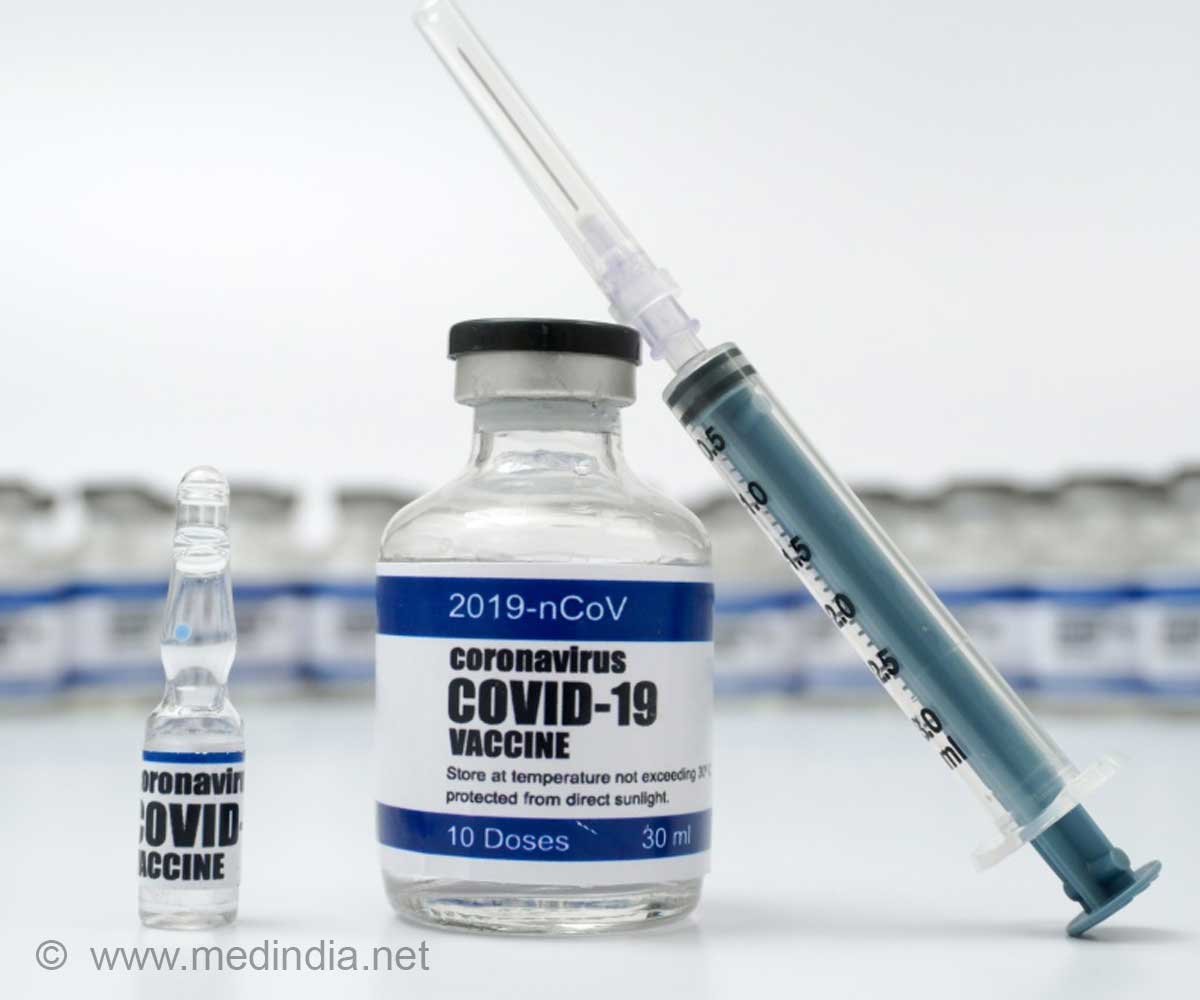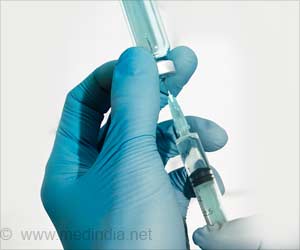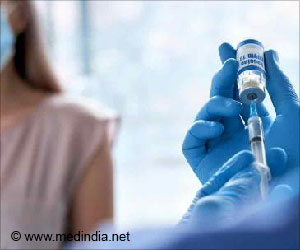Willingness regarding the uptake of the COVID-19 vaccine may be influenced by misinformation on social media platforms.

‘Willingness regarding the uptake of the COVID-19 vaccine may be influenced by misinformation on social media platforms.’





The data revealed 456,061 fact-related tweets and 26,998 fake-news-related tweets indicating fake news, conspiracy theories, unreliable content, or highly biased news. In addition, 10,925 Twitter users were associated with fake news, while 159,283 were linked to fact-based news. “Seemingly counter-intuitive, the percentage of fact-related users is significantly negatively associated with the vaccination rate. A combination of a larger user-level influence and the negative impact of online social endorsement on vaccination intent may account for this paradox,” says Jiebo Luo, a professor with the Department of Computer Science, University of Rochester.
However, the percentage of fake-news-related users and the vaccination rate revealed no significant correlation. The study thereby provides a better understanding of the relationship between vaccine-related news, online behaviors, and vaccination rates.
Source-Medindia














